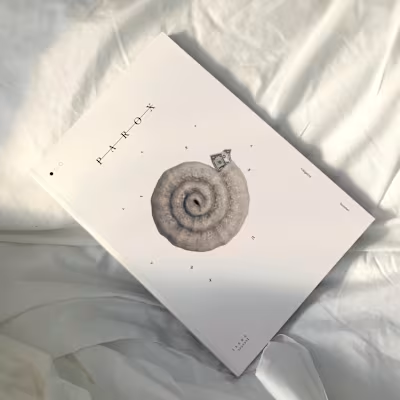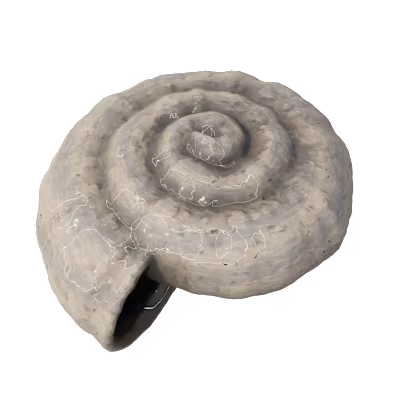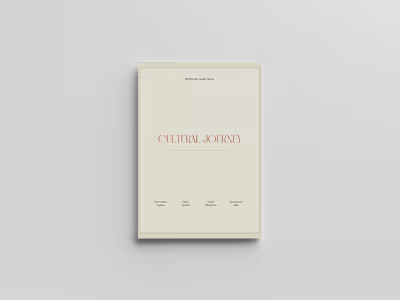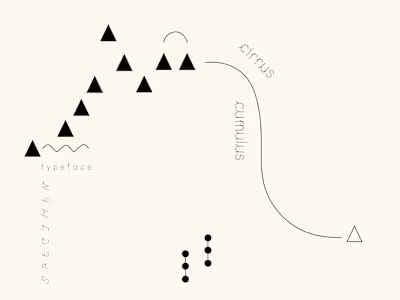Writer: Article for Art Publication
Article for Art & Fashion Publication
The Great Renunciation of Status
A Dive into the Pretty Ugly
In a time where we stray further away from markers of class differentiation and rather seek distinction in community and niche, inverting status symbols seems to become more and more ingrained in the way we display the self. The rise of poor couture, ugly chic, and intentional awkwardness, argues for how we seek a logic of wrong.
Status inversion in fashion is a concept that defies conventional ideas of luxury and prestige. It involves the appropriation and elevation of items traditionally considered low-status or utilitarian into high-fashion realms. Appropriating these symbols lies at the core of fashioning identity in modern times, whether it be in 1000€ distressed jeans (to the point of un-wearability), or luxury geek glasses without prescription. Being fashionably flawed is considered to hold possibilities for status claims. Fred Davis (1925-1993) professor emeritus in the Department of Sociology at the University of California, touched on these ideas and explained that there is a power in disingenuously doing something wrong. This is specifically amplified within the fashion industry, with dress and trends being widely available for the general public, we go further to seek individuality in this conspicuous manner of displaying calculated ’errors’. An example of this inversion would be the casual Instagram era, a phenomenon that arose as a response to the highly curated feeds that projected a perfected persona, which suddenly felt blasé, instead turning us towards displaying an authentic and flawed self. Diverting from the construction of coolness and desirability, we present a seemingly low-effort, uglier, portrait of our lives - which of course turned out to be just as performative and curated as the feeds previous to them.
Using ugly as an ambiguous quality to be activated as a social currency may come across as paradoxical, but there is a skill in the capability of transforming the non-desirable into something enticing. The ability to divert from conventional dress in fashioning one's identity relies on the nature of fashion literacy and the ability to decipher sartorial assemblages within the framework of shifting taste preferences. Purposefully presenting oneself in an uncool or strange way, and spending a lot of money doing so, could be perceived as antithetical. Still, these people are fashion literate enough to know that a smaller group of people will perceive them as cool for taking such a ’risk’, in this risk versus reward situation.
The bravery of purposeful ugliness earns you points of coolness. Some people will not understand if you were to try to look purposefully awkward but will instead take you for a dorky pencil pusher, which is the risk being taken. The contradictory nature of looking uncool to be perceived as cool follows the logic of wrong Fred Davis so meticulously explains.
It is the fashionably off and the perfectly wrong that provides us a tool for distinction. An exaggerated inversion is based on one’s status, whether it be socially, culturally, economically, or in biological capability (I.e. perceived attractiveness).
This logic of wrong gives us the ability to defy rules of what is considered dressing ’right’. Hijacking codes of dress provides the freedom of opportunity to explore realms of attire that by convention are not to be touched based on our set demographic. The true allure lies in the unexpected, which is where we find novelty.
Like this project
Posted Aug 22, 2024
"The Great Renunciation of Status" - Article about fashion from a sociological standpoint, featured in an Art & Fashion Publication.
Likes
0
Views
4








